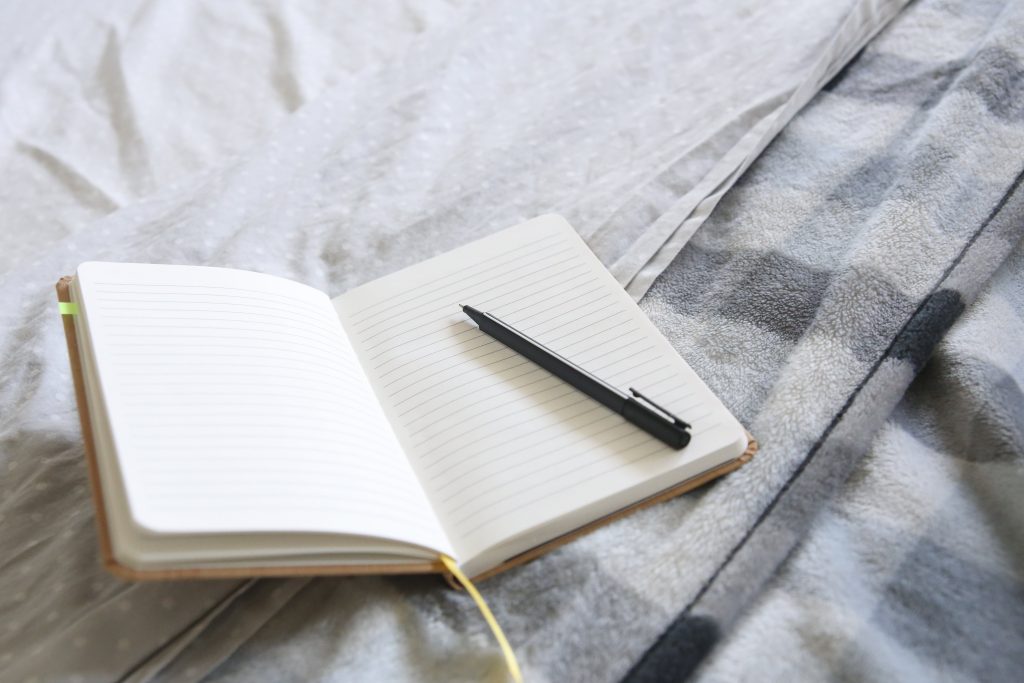How to cope with anxiety as we return to normal
As life slowly returns to normal and Covid restrictions are lifted, it can be difficult to adjust. The idea of going back to the way things were, especially in the ‘new normal’ whilst the virus is still circulating, can cause a lot of anxiety and worry. Many people are, quite rightly, nervous about doing things that we once considered ordinary because of all the unknowns that surround it – and it can be especially scary if you’ve been shielding or are at a greater risk of getting seriously ill.
Coping with anxiety can be difficult at the best of times, so here are our top tips for how to cope with feelings of worry and anxiety as we return to normal.
1. Take things at your own pace
You might see pictures of your friends on social media going out and socialising – but not everyone is ready to get out and go right away. Go at your own pace and start off small. This will help you get used to being out again and might help quell some worries about being in public places.
Inviting people around to your house – even if you sit out in the garden – is a good place to start. Not only are you in an environment that you can control, but you can make sure you’re all protected via social distancing and/or testing.
If you feel up to trying more things, keep it local. Visit your local library or cinema. Go out for a meal at a restaurant or visit the pub.
2. Think about what you can control
One of the biggest causes of Covid anxiety is the unknown, especially if you’re in a place with lots of different people. But even in those situations, there are things you can control – and having that control can help reduce feelings of anxiety. Continue to wear a face covering and make sure you stay as distanced as you can from others. Set time parameters for visiting a location – maybe half an hour at a café or an hour and a half at the cinema. It’ll remind you the situation isn’t permanent. And remember, you can always leave if you feel uncomfortable.
3. Talk about it

Whether you chat with a mental health professional, either privately or through the NHS mental health services, or with a family member or friend who you trust, talking to someone about your feelings can help ease your anxiety. They might try to ease your mind or they might just be happy to listen, but talking about a problem can help you unravel the knot of anxiety returning to normal creates. A mental health professional can also help you explore why opening up makes you feel anxious, and give you methods to deal with the anxiety in the long term.
4. Practice self-care
Things are still very scary and we need to take time for ourselves. Make sure that you’re kind to yourself, even when the anxiety feels like too much. We can often beat ourselves up for not returning to normal ‘quickly enough’ or wonder if we’re the only ones feeling nervous. Plan self-care activities for yourself at home, whether that’s curling up with a good book, doing something crafty or just taking a long bath and properly unwinding. An afternoon, day or even just an hour of self-care can help reduce your anxiety and make you feel more relaxed.
5. Write it down

If you don’t feel like you can talk about your anxieties with a friend or family member, writing it down can have the same cathartic effect and allow you to see what you’re thinking on the page. Anxious people often collect their thoughts so much that they rattle around their head until they spiral into a panic – so getting your thoughts out onto paper may offer the calming effect that talking doesn’t always. Plus, the writing is just for you. It doesn’t need to make sense or require explaining, it’s just allowing you to get your worries out of your head and into the world.
6. Practice mindfulness
It seems like mindfulness is always a recommended practice for anxious people – but it does help. The concept is all about remaining in the present and often anxiety stems either from what has happened or what will happen. Mindfulness can help you stop worrying about potential problems and help you focus on the present instead.


